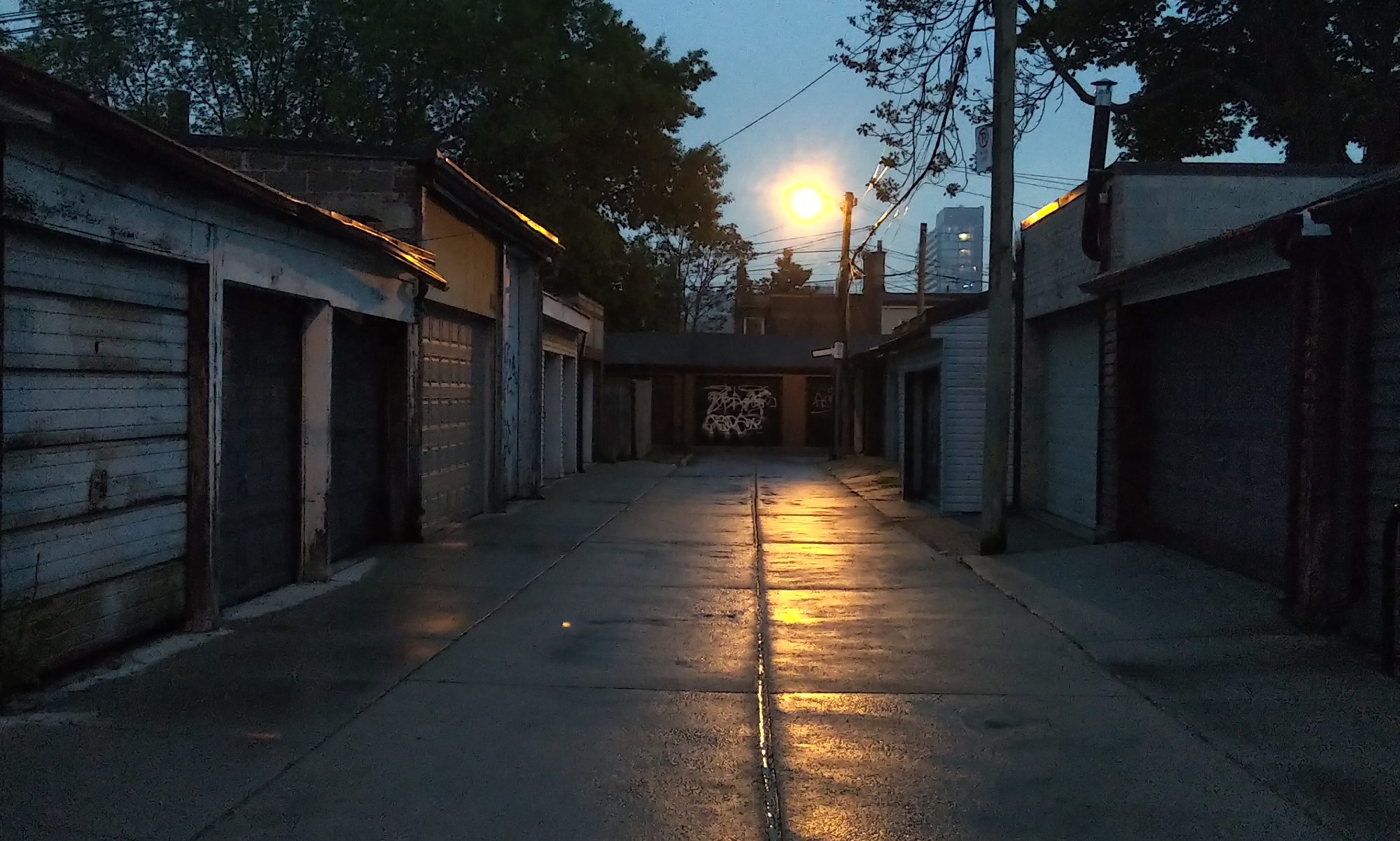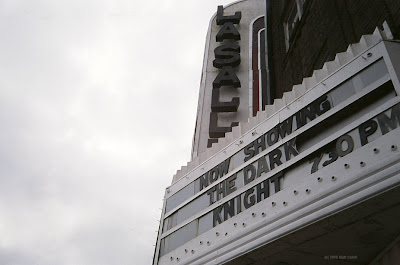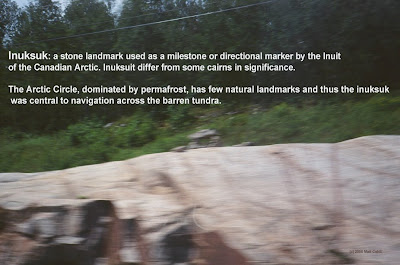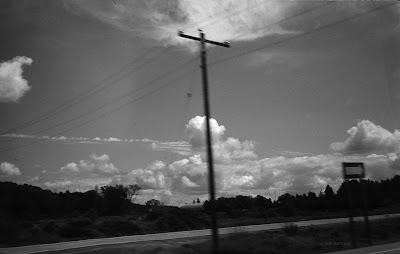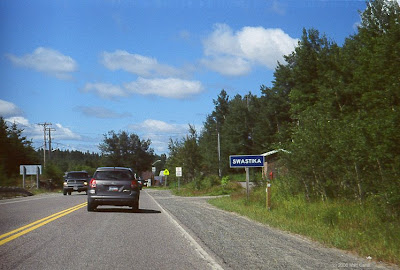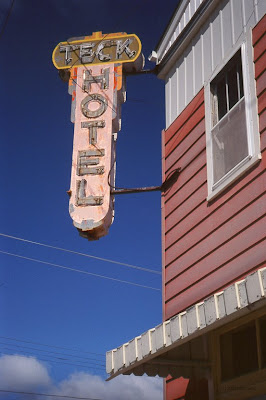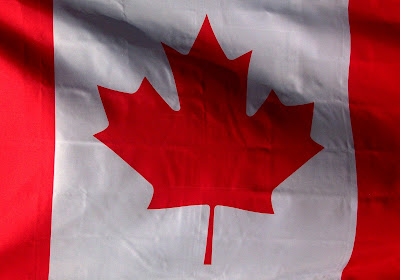To write “an interesting time in Canadian politics” would probably lead most to wonder if they had missed the beginning of a joke. That said, the oxymoron was turned on its head quite unexpectedly over the last few days.
Context: we had our federal election in October, shortly before the one in the U.S.; at the time, our minority government – lead by Stephen Harper and the Conservative Party of Canada (right-of-centre) – was challenged by the Liberal Party (centrist) and the three other federal parties: the NDP (left-of-centre), the Bloc Quebecois (Quebec separatist), and the Green Party (this party is too young within Canada to accurately say where they stand on the scale). In short, Harper won (or resumed) another minority government. At a cost of $300 million to the taxpayer at the dawn of an economic recession.
So, last Thursday (just after my moody, dark piece of a few posts ago) the Conservative finance minister announced, in a financial update to the country, three things:
- they would not offer an stimulus package for sake of the sagging economy until the next budget (in Spring 2009)
- they would temporarily withhold the right-to-strike for federal public servants
- they would eliminate the public funding of political parties (ie. their opponents)
In other words, it was perhaps the stupidest, most cynical thing I’ve seen since the days of Mike Harris (Ontario’s former premier, and one of the most divisive, contemptuous politicians to grace the country). Sure, there is no immediate proof to show that the stimulus packages being made in nearly all the G8 countries will have a desired affect. However, in the midst of the nation-wide financial crisis, to basically offer nothing…combined with a thinly-veilled attempt to bankrupt the federal opposition parties. You could hear a mass “wtf” across the country. Hell, even the National Post dedicated a front-page column criticizing the move.
So what happened? Well, the Liberal Party decided to talk to the NDP. The NDP and the Liberals decided to talk to the Bloc. They have decided to form a coalition party which, if ratified by the Governor General (long story), would – without an election – give them a majority of seats in Parliament, and thus change the face of government in a (nearly) historically unprecedented move.
Canadians, politically apathetic as of late – with good reason, I must add – have been glued to their television sets and news sites since this weekend as if they were watching the Stanley Cup finals. It’s potentially an historic moment for the country.
It’s now a question of whether Harper will prorogue parliament – in other words dismiss it in order to avoid a confidence vote in Parliament – or ask the Governor General instead for a new election (and another $300 million). In other words, we could either have a new government in less than two weeks or a new election. Either way, it’s a hammer blow to a self-described “new” government filled with Machiavellian technocrats – and it was their own arrogance which has brought this on.
Amazing…and from a karmic perspective, delicious.
